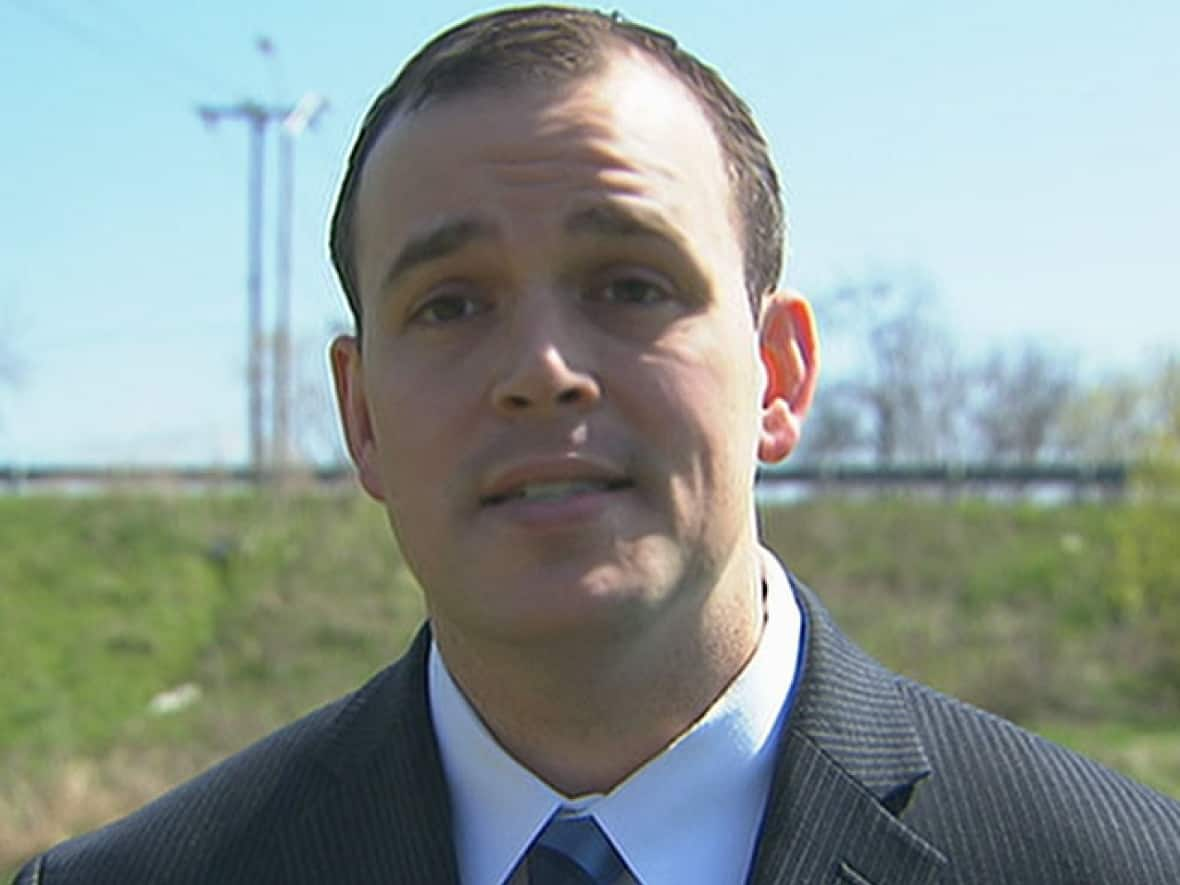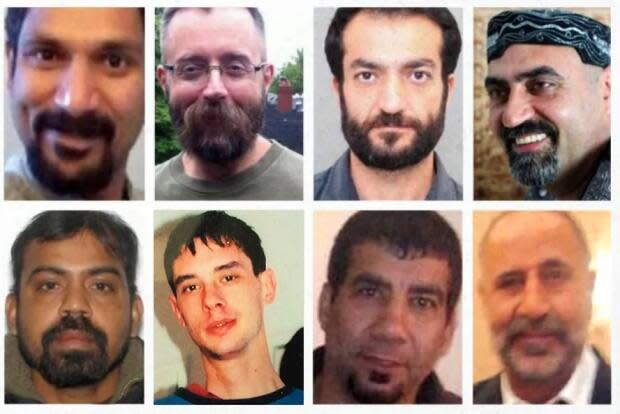Court rules Bruce McArthur police interview video was improperly removed from disciplinary hearing

An Ontario court has ruled that video of an interview conducted by police with Bruce McArthur in 2016 was improperly withdrawn at a disciplinary hearing for an officer who was involved in letting the serial killer go.
Now, the court is considering whether or not to release the video to the media after the fact.
CBC News is among the news organizations arguing for the release of the 11-minute video, in which Toronto police Sgt. Paul Gauthier interviewed McArthur after a man reported McArthur had violently choked him.
Media consortium lawyer Ryder Gilliland, who is representing CBC News, said during Wednesday's hearing that the sudden withdrawal of the video violated the principle of open and transparent courts.
He also argued that media organizations should be trusted to protect the identity of the victim who was interviewed, and there is no need for any kind of blanket publication ban on the video.
"There's nothing there that could possibly justify a publication ban," he said.
Gauthier was previously charged with insubordination and neglect of duty under the Police Services Act stemming from his handling of the case. He was found not guilty of those two disciplinary charges at a hearing last August.
After he was released in 2016, McArthur would go on to kill at least two of his eight known victims. He will be eligible to apply for parole after spending at least 25 years in prison, and will be 91 years old at that time.
During Gauthier's disciplinary hearing, the media had asked for a copy of the victim's video statement — but the prosecution and Gauthier's defence withdrew it after entering it as evidence.
At Wednesday's hearing, a panel of three divisional court justices ruled the video's removal after being entered into evidence was improper.

The judges are now considering whether the video should be released to the media, and if so, what restrictions should be imposed on it.
Gauthier's lawyer, Lawrence Gridin, argued during the session that the open courts principle shouldn't apply to this case, as the video was never seen by a trier of fact at Gauthier's police act hearing, and wasn't used in deciding the case.
"As interesting as it may be … to have the public scrutinize the police investigation, that has zero to do with the open courts principle," he said.
Toronto Police lawyer Mattison Chinneck made similar arguments, saying the decision to not use the video was only part of administrative proceedings, and not the hearing itself. Chinneck also argued that the video contains sensitive information about what went on between McArthur and the victim.
Gilliland, meanwhile, noted the victim has given multiple interviews to media already, and said news organizations would not publish their identity.
"There's no need for any further intervention in this case," he said.
The court is expected to deliver its decision at an unspecified later date.


